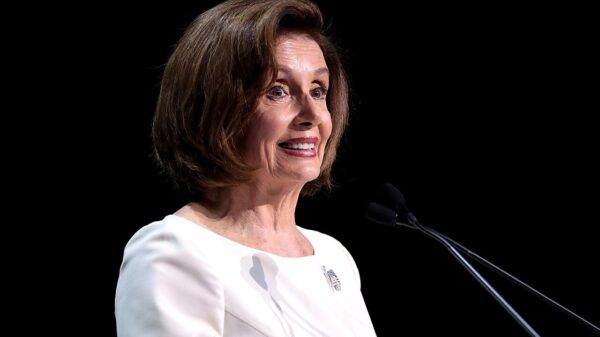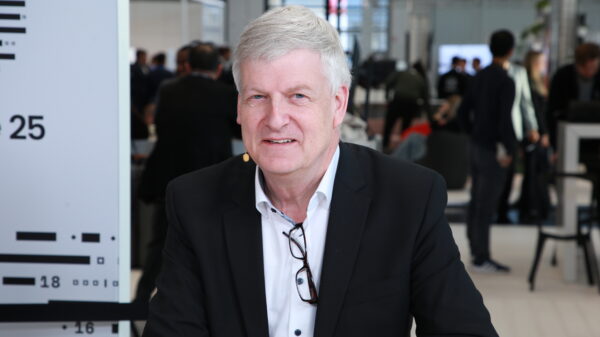Hungarian Prime Minister Viktor Orbán is set to meet with U.S. President Donald Trump at the White House on Friday, aiming to persuade the U.S. administration to overlook Hungary’s ongoing purchases of Russian oil. This meeting could serve as a critical test of the relationship between the two leaders, who have cultivated a mutual affinity in recent years.
During the Cold War, Orbán was a vocal opponent of Russian influence in Hungary. In contrast, over the past decade, he has shifted toward a closer alliance with Moscow, raising eyebrows among opponents and former allies. Today, Orbán is viewed as Russian President Vladimir Putin‘s most dependable supporter within the European Union. He has maintained strong ties with the Kremlin even as the war in Ukraine continues to escalate.
As the conflict approaches its fourth anniversary, pressure is mounting from both Brussels and Washington for Hungary to reduce its reliance on Russian oil. This resource is critical in financing Moscow’s military operations. Recently, the Trump administration imposed sanctions on key Russian energy firms, including Lukoil and Rosneft, which could subject foreign buyers like Hungary to secondary sanctions.
Orbán hopes that his personal rapport with Trump will facilitate a favorable outcome during their meeting. He has indicated that he intends to “make the Americans understand” Hungary’s need for an exemption to continue purchasing Russian energy.
Claims and Controversies
At the core of Orbán’s argument is the assertion that Hungary, a landlocked country in Central Europe, has no viable alternatives to Russian crude. He warns that replacing these supplies could lead to an economic collapse. Critics, however, challenge this claim. Daniel Fried, a fellow at the Atlantic Council and former U.S. ambassador to Poland, stated, “Don’t insult everyone’s intelligence,” noting that Poland has successfully prepared alternatives for its energy needs while Hungary has not.
Despite most EU member states significantly reducing or halting imports of Russian fossil fuels following the invasion of Ukraine on February 24, 2022, Hungary and neighboring Slovakia have maintained their pipeline deliveries. Hungary has actually increased the share of Russian oil in its energy mix from 61% prior to the war to approximately 86%, according to independent research.
“Clearly, President Trump’s decision to wield the sanctions hammer against Russian oil … has gotten Hungary’s attention,”
said Peter Rough, a senior fellow at the Hudson Institute. He emphasized that Budapest has resisted diversifying its energy sources for years, despite repeated encouragement to do so.
Future Implications
The upcoming meeting holds further significance given Trump’s recent announcement that he would meet with Putin to discuss the war in Ukraine, with Budapest suggested as a possible venue. This decision was initially viewed as a political victory for Orbán, who is facing a challenging election in April. However, the meeting was eventually canceled, with Trump expressing concerns about a “wasted meeting” due to Putin’s inflexible stance.
Despite this setback, officials in Budapest remain optimistic about the potential for a Trump-Putin meeting. Hungarian Foreign Minister Péter Szijjártó indicated that the possibility of advancing peace in Ukraine would be a key topic during Friday’s discussions. Hungary has not provided military support to Ukraine, nor has it allowed the transfer of arms across its borders.
Orbán’s administration has threatened to veto certain EU sanctions against Russia and has delayed the approval of significant funding packages for Ukraine. His adversarial stance towards Ukraine and its president, Volodymyr Zelenskyy, has raised concerns among EU critics, who perceive Hungary’s position as undermining European unity in the face of Russian aggression.
With limited support from other European nations, Orbán is banking on maintaining strong ties with Trump. Fried remarked that after Orbán’s substantial investments in Trump’s political ecosystem, Friday’s meeting will reveal the true value of that relationship.






































































